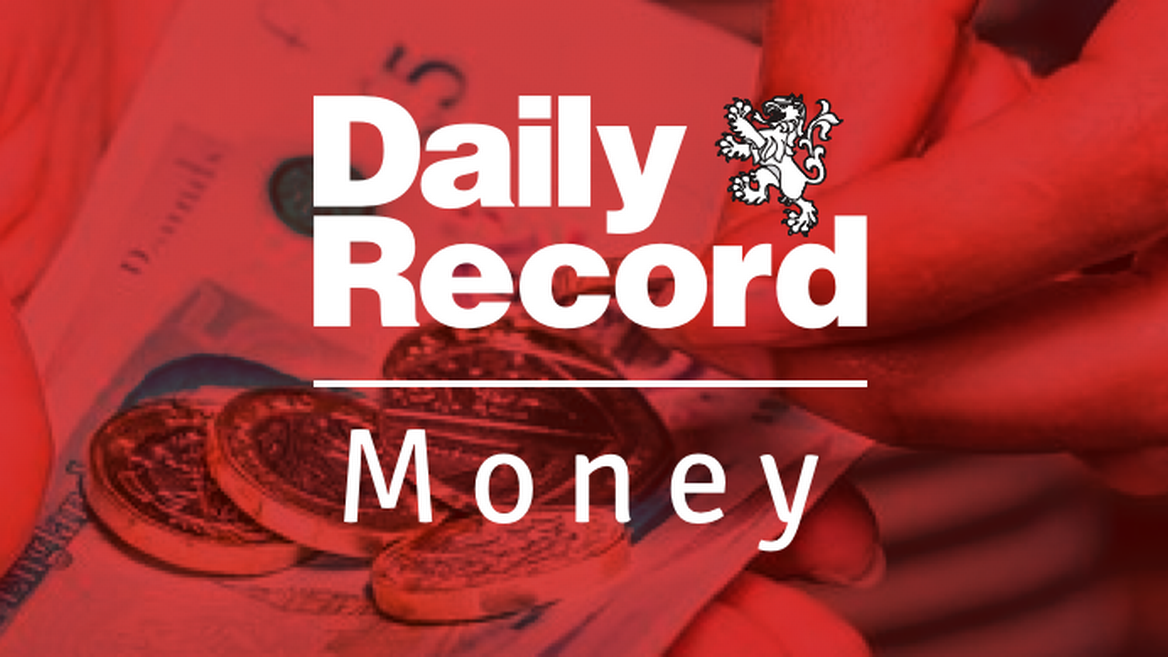Pensioners with an additional income of £10,000 could get an unexpected tax bill.
Millions of people are on track for a 4.8 per cent rise in the State Pension next year, after Office for National Statistics (ONS) figures were released on Wednesday. Under the Triple Lock the New and Basic State Pensions increase each year in-line with whichever is the highest between the average annual earnings growth from May to July (4.8%), CPI inflation rate in the year to September (3.8%), or 2.5 per cent.
It’s important for people who have deferred their State Pension or in receipt of additional elements to be aware these payments will rise by the September CPI figure of 3.8 per cent.
The Secretary of State for Work and Pensions is required by law to undertake an annual review of the State Pension and benefits and the outcome will be announced in November. However, the Labour Government has pledged to honour the Triple Lock for the duration of this parliament.
READ MORE: New and Basic State Pension payment rates from April – check yours nowREAD MORE: State Pension uprating will not be paid to thousands of older people next year
The expected 4.8 per cent increase means that people receiving the full New State Pension could receive £241.30 per week, or £965.20 every four-week pay period, some £12,548 per year.
Those on the full Basic State Pension could see their weekly payment rise to around £184.90, £739.60 every four-week pay period, some £9,615 per year.
It’s important to remember that the amount of State Pension someone receives depends on their National Insurance contributions. To receive the full New State Pension you need around 35 years’ worth, but this may differ if you were ‘contracted out’.
The uprating will be a welcome boost for most pensioners, however, it will see more older people paying tax in retirement.
 The Personal Allowance will be frozen at £12,570 until April 2028.(Image: Getty )
The Personal Allowance will be frozen at £12,570 until April 2028.(Image: Getty )
Claire Trott, Head of Advice at St. James’s Place explained: “The UK CPI figures confirm that, as expected, next April’s State Pension rise will be determined by average earnings (which topped 4.8% in the three months to July), meaning pensioners are set for a substantial uplift of over £550 annually.
“However, this rise is something of a double-edged sword. While the boost will be welcomed by many, it also pushes the New State Pension to just below the personal Allowance, and risks nudging many more people into paying tax on any other additional income they have.
“As a result, someone with additional income of £10,000 will effectively only see an increase in their take home income of just shy of 2.3 per cent due to the additional taxation, which could result in unexpected tax bills for unassuming pensioners.”
Finance experts warn the projected rise will see nearly 9 million pensioners pay tax in retirement after the UK Government confirmed earlier this year that the Personal Allowance will remain frozen at £12,570 until April 2028.
Around 8.4 million people receiving the Basic State Pension will continue to get significantly less, around £9,615 a year, but could also find themselves edging closer to the tax threshold.
Amid growing concern over the long-term sustainability of State Pension increases and the tax implications for retirees, Derence Lee, Chief Finance Officer at Shepherds Friendly shares his expert insight into what this means for pensioners and those approaching retirement.
Lee said: “Due to the extremely high levels of inflation the UK has experienced since 2020, State Pensions have been increasing at a rate that some experts believe to be unsustainable in the long term.
“With pensions expected to surpass the frozen tax-free allowance limit next year, which will remain unchanged by the government until 2028, more retirees will be pushed into the tax-paying bracket. As a result, pensioners should begin to take into account that they may soon need to pay income tax on their pensions should no changes be made to current status-quo.
“Whilst the Triple Lock has been helpful in ensuring retirees’ incomes keep up with the cost of living, taxing pensioners could have significant financial implications, particularly for those who rely heavily on their pensions to cover essential living costs and make ends meet.”
Chancellor Rachel Reeves will confirm the annual uprating at the Autumn Budget on November 26. An uprating of 4.8 per cent on the current State Pension would see people receive the following amounts.
Full New State PensionWeekly: £241.30 (from £230.25)Four-weekly pay period: £965.20Annual amount: £12,547Full Basic State PensionWeekly: £184.90 (from £176.45)Four-weekly pay period: £739.60Annual amount: £9,614State Pension and tax
Guidance on GOV.UK states: “You pay tax if your total annual income adds up to more than your Personal Allowance. Find out about your Personal Allowance and Income Tax rates.
Your total income could include:
the State Pension you get – Basic or New State PensionAdditional State Pensiona private pension (workplace or personal) – you can take some of this tax-freeearnings from employment or self-employmentany taxable benefits you getany other income, such as money from investments, property or savingsCheck if you have to pay tax on your pension
Before you can check, you will need to know:
if you have a State Pension or a private pensionhow much State Pension and private pension income you will get this tax year (April 6 to April 5)the amount of any other taxable income you’ll get this tax year (for example, from employment or state benefits)
You cannot use this tool if you get:
any foreign incomeMarriage AllowanceBlind Person’s Allowance
Use this online tool at GOV.UK to check if you have to pay tax on your pension. The full guide to tax when you get a pension can be found on GOV.UK here.
 Get the latest Record Money news
Get the latest Record Money news
Join the conversation on our Money Saving Scotland Facebook group for money-saving tips, the latest State Pension and benefits news, energy bill advice and cost of living updates.
Sign up to our Record Money newsletter and get the top stories sent to your inbox daily from Monday to Friday with a special cost of living edition every Thursday – sign up here.
You can also follow us on X (formerly Twitter) @Recordmoney_ for regular updates throughout the day or get money news alerts on your phone by joining our Daily Record Money WhatsApp community.

